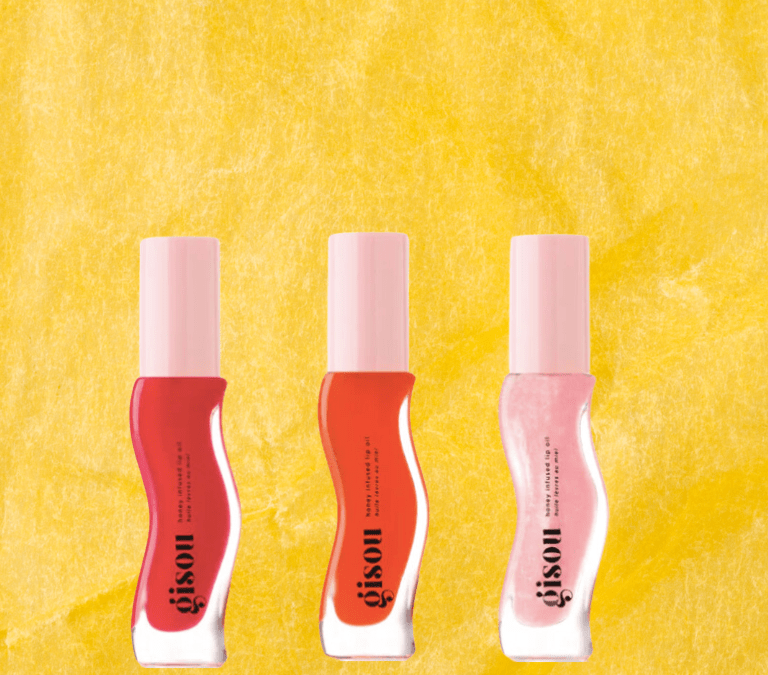
Your dry skin can feel uncomfortable, along with the flaking and discoloration. Plus, the rough texture and flakiness are sometimes even more noticeable than on lighter skin tones. But, is it true that darker skin tones are more prone to suffering from drier skin?
Here, we dive into the basic concepts of dry skin, why it happens, and how to solve it. Plus expert tips on how to stay hydrated.
[SEE ALSO: No Peeking: Here’s What’s In OG Beauty Influencer StylenBeautyDoctor’s Chanel Bag]
Are Darker Skin Tones More Prone to Suffering From Drier Skin?
The answer is a definite no. Dry skin can happen to anyone, regardless of their skin tone. Your likelihood to having chronic dry skin or not is more related to a genetic component that determines how prone your skin is to dehydration. However, it can also be affected by temporary changes such as stress, hormone levels, weather, and how you treat your skin.
What we do see is that, on skin tones darker than a phenotypically pale-skinned person, the higher contrast of the grayish-white patches and the surrounding area makes the dry skin condition even more visible.
Dry vs Dehydrated Skin
Now, to understand how dry skin happens and how to deal with it, it’s important to differentiate between dry and dehydrated skin.
Dry skin
Dry skin doesn’t produce enough oil to retain moisture in your skin. This oil is composed of sebum from pores and the lipids located between your skin cells and acts as a structured waterproof barrier in the skin. Some parts of the body can be prone to having drier skin since they have a lower number of sebaceous glands that produce oil.
Dehydration
Skin dehydration is a temporary situation that can happen to anyone. It’s when the skin doesn’t contain enough water to look and function at its best. Exposure to external allergens, pollutants, UV rays, weather changes, and just plain aging can impact your skin health and prevent it from performing its barrier function properly.
These stressors can weaken the skin’s barrier function, and the top layers of the skin can’t effectively prevent water from evaporating from the lower living layers. This is known as increased trans-epidermal water loss or TEWL.
An effective moisturizing strategy is a key step for fortifying your skin barrier so that it can effectively keep the good stuff (water) in and the bad stuff (a whole host of allergens and environmental stressors) out.
Three Tips for Keeping Your Skin Hydrated:Use the right moisturizer
Use The Right Moisturizer
A good moisturizer should compensate for the lack of oil (dryness) and also compensate for the lack of water (dehydration). Most creams and moisturizers are made of three types of basic ingredients: humectants, emollients, and occlusives. Humectants help to draw water into the skin, while emollients help to smooth and soften the skin’s surface. Occlusives, on the other hand, form a barrier on the skin’s surface to help prevent moisture loss.
In general, a thicker-textured moisturizer will mean more occlusives and emollients (oily and waxy ingredients such as ceramides, plant oils, and butter). Thicker moisturizers are perfect for drier parts of your body such as elbows, legs, and feet.
On the other hand, a lighter, more watery texture usually means more humectants (ingredients that attract water such as glycerin, hyaluronic acid, urea, amino acids, etc). This type of moisturizer is more suitable for the skin’s face.
Take Warm, Short Baths
Baths or showers of no more than 5 or 10 minutes are the best for your skin if it’s prone to dryness. Hot water strips away the skin’s natural oils, leaving it dehydrated.
Choose The Right Skincare
When choosing skincare products, it is best to use gentle, fragrance-free products to avoid irritating dry, sensitive skin. Also, deodorant soaps and products that contain alcohol or fragrance can cause further irritation.
Following these tips, you can easily get rid of dry or dehydrated skin in a couple of weeks but talk to a dermatologist if you have dry skin that doesn’t go away or keeps returning because it might be signs of something else going on with your skin.
Do you suffer from dry skin? If so, what has helped? Leave your answer in the comment section!



